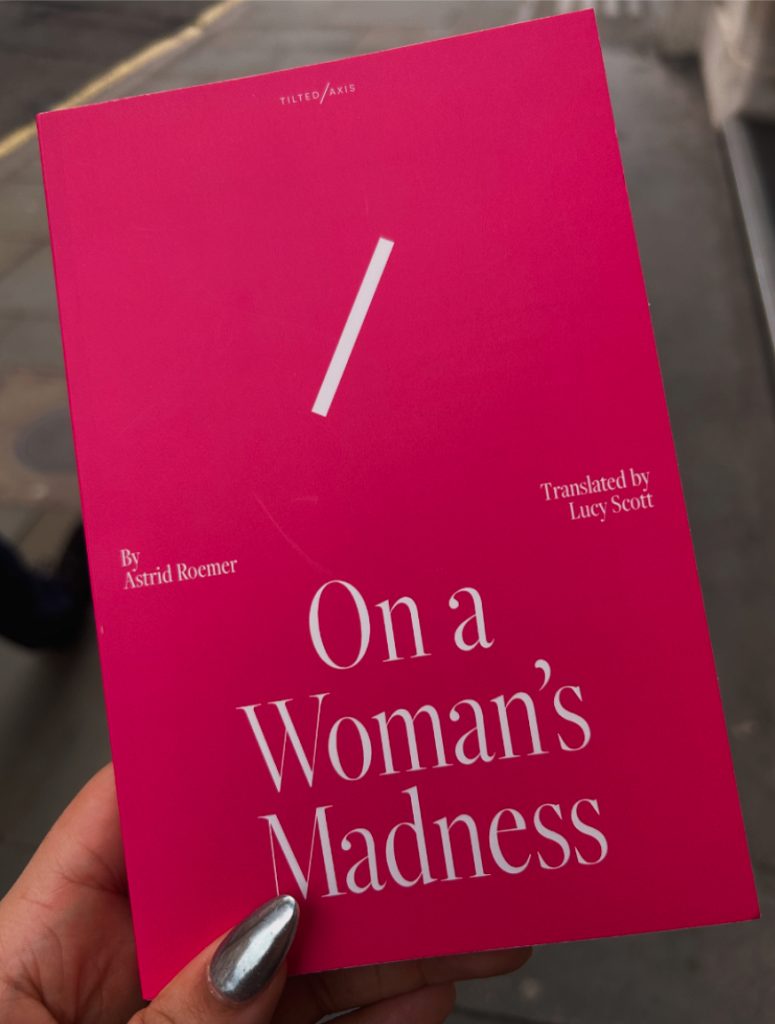
Earlier this year, I decided I was going to read the entire International Booker Prize long list. All of it. Cover to cover. I was feeling quite smug about it too—most of the books looked delightfully slim, and I thought: how hard could it be? Short books, international prestige, cultural enrichment? Easy win. I posted many the instagram reel of myself performatively reading on the tube or at a coffee shop.
Reader, I read 2.5 of them.
I started off with On a Woman’s Madness by Astrid Roemer and immediately stalled. I would spend forty minutes on my commute reading a handful of dense, fragmented pages, close the book, and then realise I had absolutely no idea what I’d just read. Nothing had landed. Not a character, not a line. After a few attempts, I just had to accept defeat, closed the book and never reopened it.
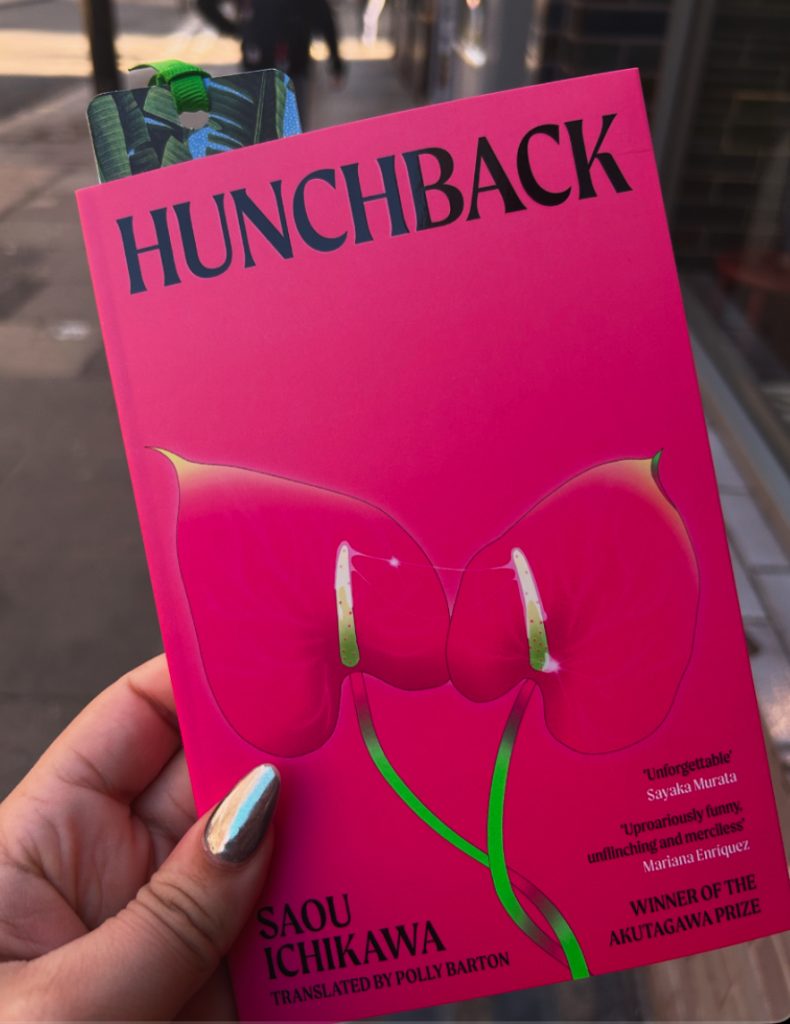
Then came Hunchback by Saou Ichikawa—the first book on the list that actually pulled me in and stayed with me, it’s a sharp, unsettling novella translated from Japanese by Polly Barton. At the novellas heart is Shaka Izawa—a woman with a severe muscle disorder who lives in a care home she owns, funded by her family’s wealth. This contradiction alone is fascinating: she possesses immense financial power and literal ownership over the space she inhabits, yet she is also acutely vulnerable, reliant on caregivers to survive. That tension made me constantly question: who really has the power here? Shaka can technically fire any of the staff. But at the same time, her survival depends on those very people. This creates an intense, often uncomfortable balance of control and dependence. Ichikawa explores it without moralising, instead presenting it as a messy, human reality. One of the most interesting aspects of the book is how it challenges ableist assumptions about how we consume literature. The main character pokes fun at people who wax poetic about “the smell of books,” as if reading the physical book is somehow superior to reading the audio or e-book. She points out that it’s simply easier to read an e-book when you have limited mobility and that for some people, audiobooks or digital formats are the only way they can access stories. It also reminded me of how often people are judged for watching dubbed versions of films instead of reading subtitles. But what if someone has trouble reading quickly, or struggles with vision, or just doesn’t process text the same way others do? These judgments ignore real barriers and reduce art to a narrow, able-bodied and elitist ideal of how it should be experienced. I’ll admit, at first I thought the book felt short. But then I caught myself—was that reaction itself a little ableist? The assumption that a “serious” or “complete” work needs to be long, or that the writer should have written more, ignores the reality that Ichikawa herself is disabled. What if this book is exactly the length it needs to be? What if brevity is not a limitation but a deliberate act of resistance against those kinds of expectations?
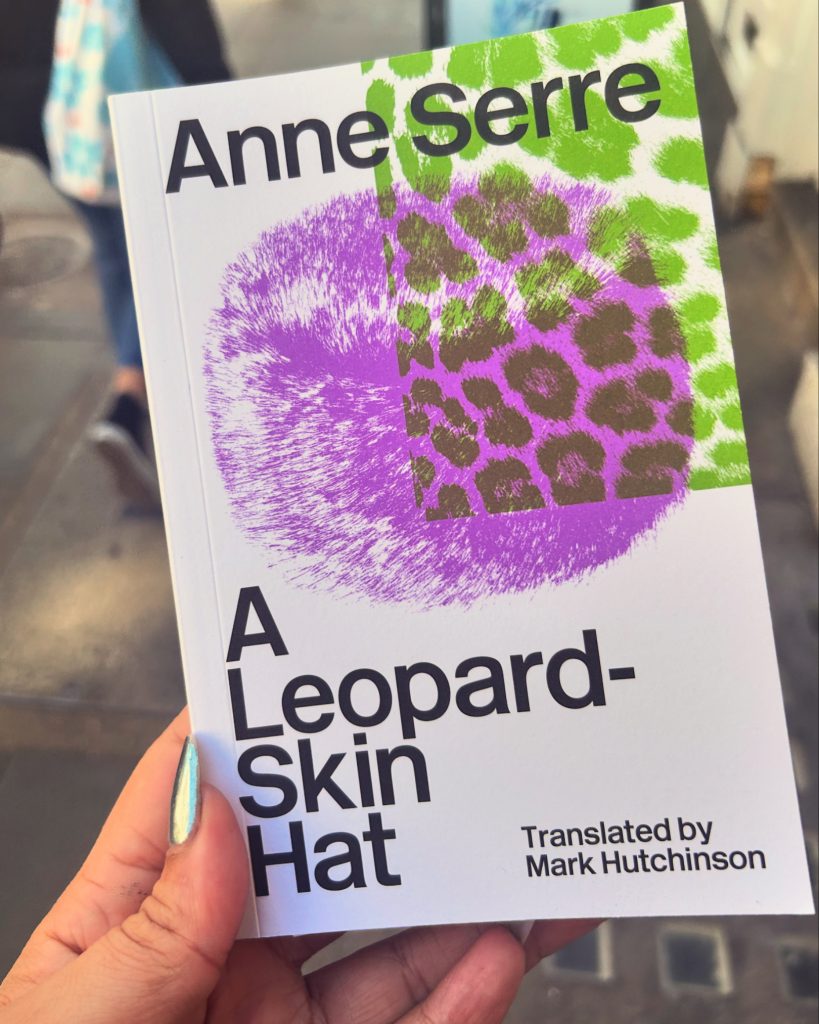
So Hunchback was the one that stayed with me the most. But I also finished A Leopard-Skin Hat written by Anne Serre and translated from French by Mark Hutchinson—which was… weird. It was, quite possibly, the most boring book I’ve ever read. And yet, I read on. It was easy enough to go through the motions with, like listening to someone ramble on the phone while you load the dishwasher. I kept waiting for something to happen, or shift—but nothing really did. It just floated along, this strangely affectless monologue.
And then, somehow, the final pages made me cry.
There were a few scattered sentences throughout that hit unexpectedly hard—little flashes of recognition about grief, aging, depression, being overlooked. It was like the book had lulled me into thinking it wasn’t doing much, and then quietly broke my heart. I’m still not sure how it pulled that off, but I’m glad I stuck with it.
So, no—I didn’t read the full Booker longlist. My grand literary quest ended after three books (and one wasn’t even finished). But I came away with a deep, uncomfortable, beautiful novella that challenged how I think about care and control (Hunchback), and a weirdly hypnotic novel that bored me to tears—then made me cry for real (A Leopard-Skin Hat). Honestly, not bad for a reading fail.

Featured image by Faith Ringgold


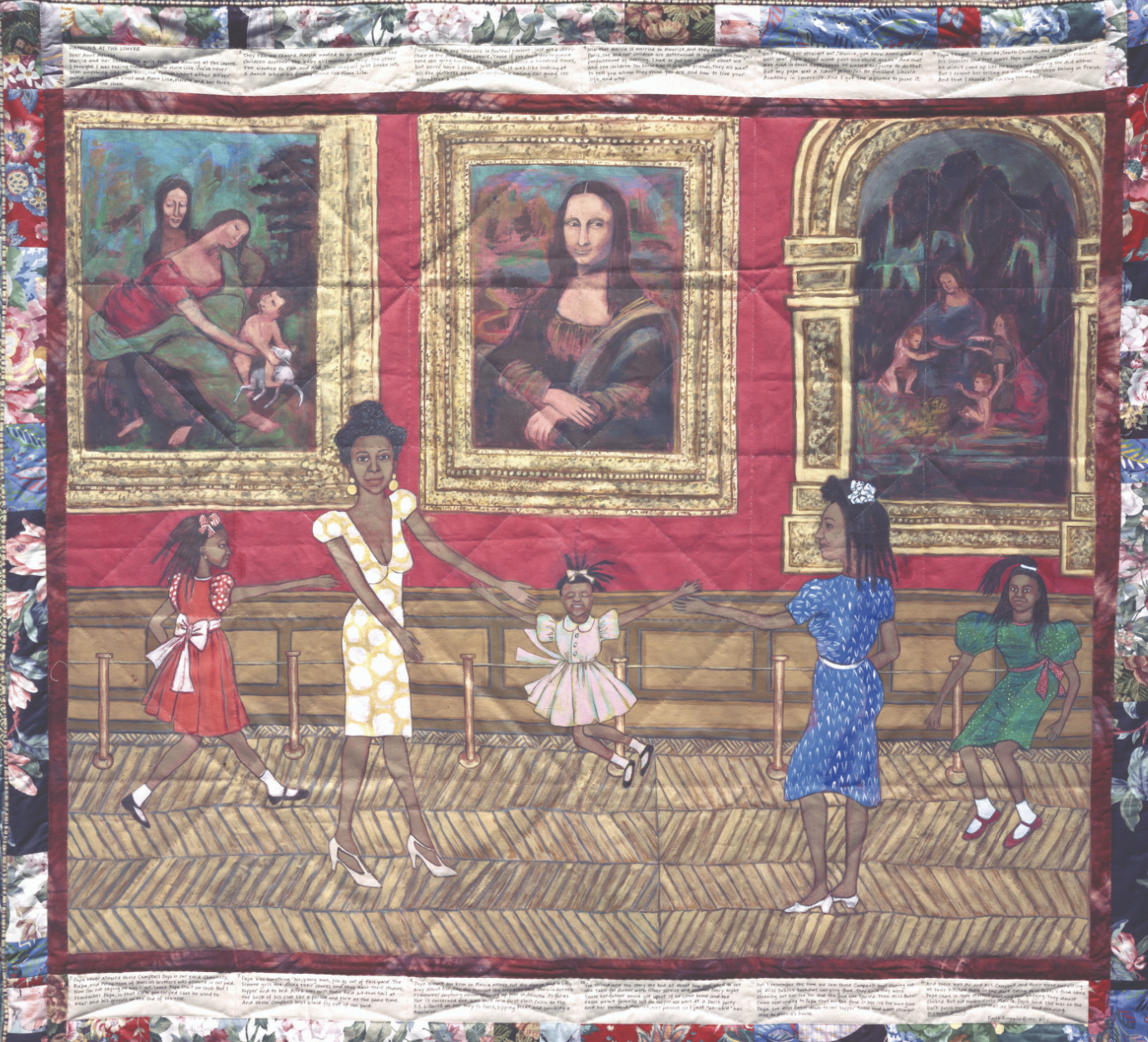
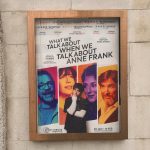


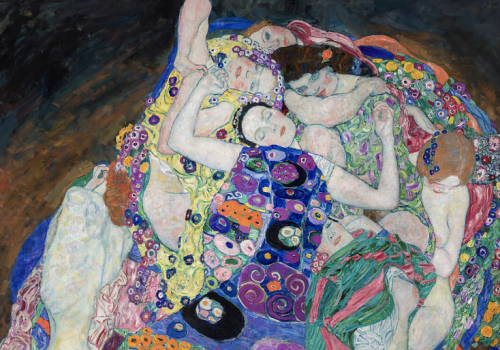
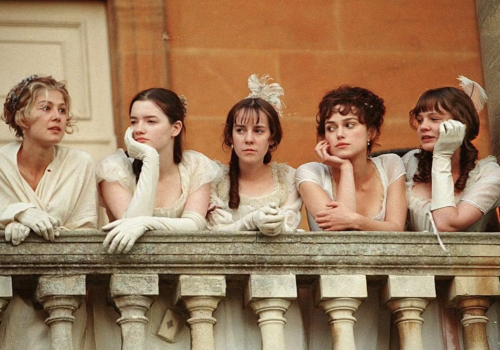

Leave a Reply